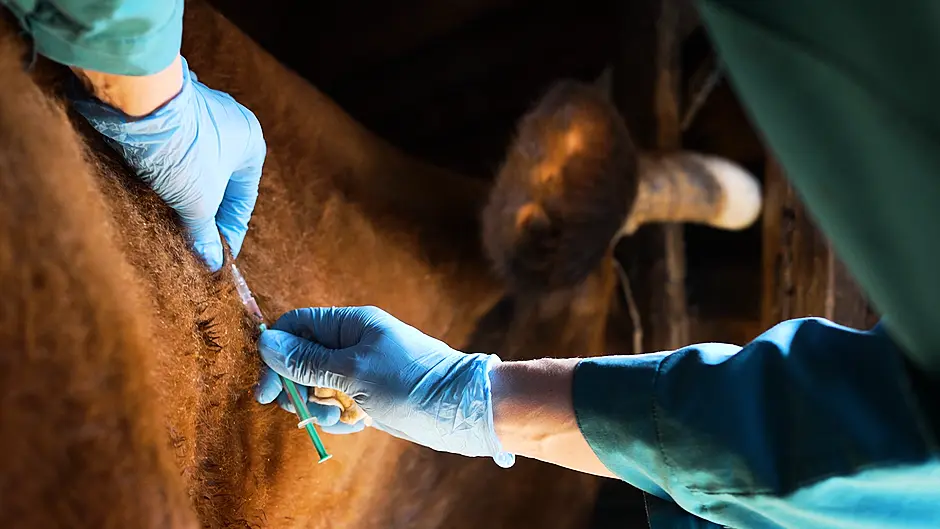THE Department of Agriculture, Food and the Marine has called for farmers to be ‘vigilant’ to safeguard the industry after Germany detected its first case of foot-and-mouth disease (FMD) since 1988.
The disease was detected on January 10th in water buffalo in the state of Brandenburg.
The German authorities have put in place strict controls to prevent onward spread and are investigating the circumstances of the outbreak.
Ireland is free of FMD, having had its last case in 2001. If a case of FMD were to occur in Ireland, it would lead to the immediate loss of market access for Irish animals and animal products.
Minister for Agriculture, Food and the Marine, Charlie McConalogue said he was dismayed to hear of the outbreak and said the German authorities are working hard to resolve the issue.
‘I want to urge everyone in Ireland, particularly farmers, to stay vigilant and to protect our Irish livestock,’ said Minister McConalogue.
The Dept of Agriculture has confirmed that no animals susceptible to FMD have been imported into Ireland from Germany since November 1st, 2024, long before the case in Germany would have been first infected.
Ireland’s controls to prevent FMD include prohibitions on the imports of animals and animal products from countries or zones in which FMD is present; a veterinary surveillance system to detect unusual disease outbreaks; and active follow-up and veterinary investigation of any suspects reports.
If a FMD case were to be identified in Ireland, the infected herd would be culled, the site disinfected, and a 3k protection zone and 10k surveillance zone set up, within which strict movement controls and testing would be imposed.
A national movement ban would likely be imposed.
FMD is one of the most contagious diseases of animals.
The virus can be introduced into new areas through the movement of infected animals, feeding of contaminated products of animal origin to susceptible species of animals, contaminated materials coming into contact with animals and airborne transmission over long distances.










